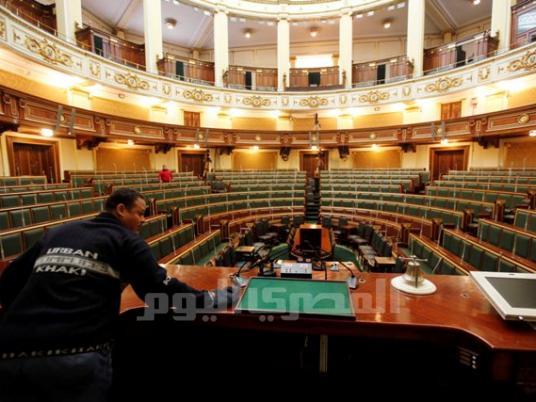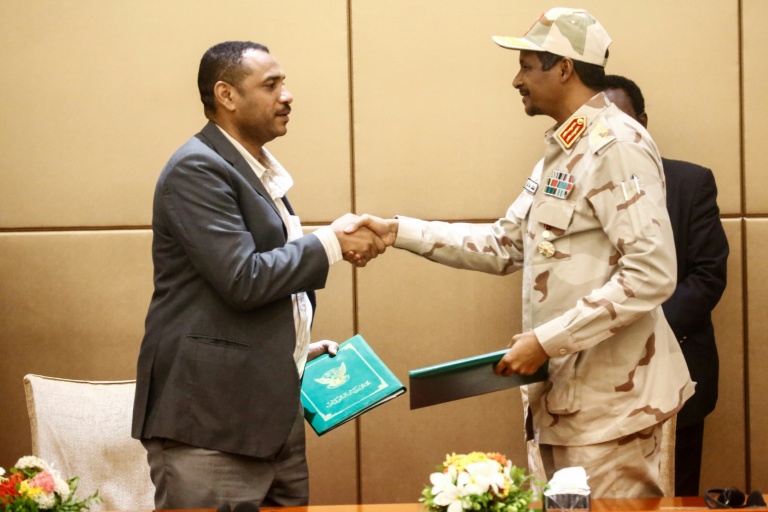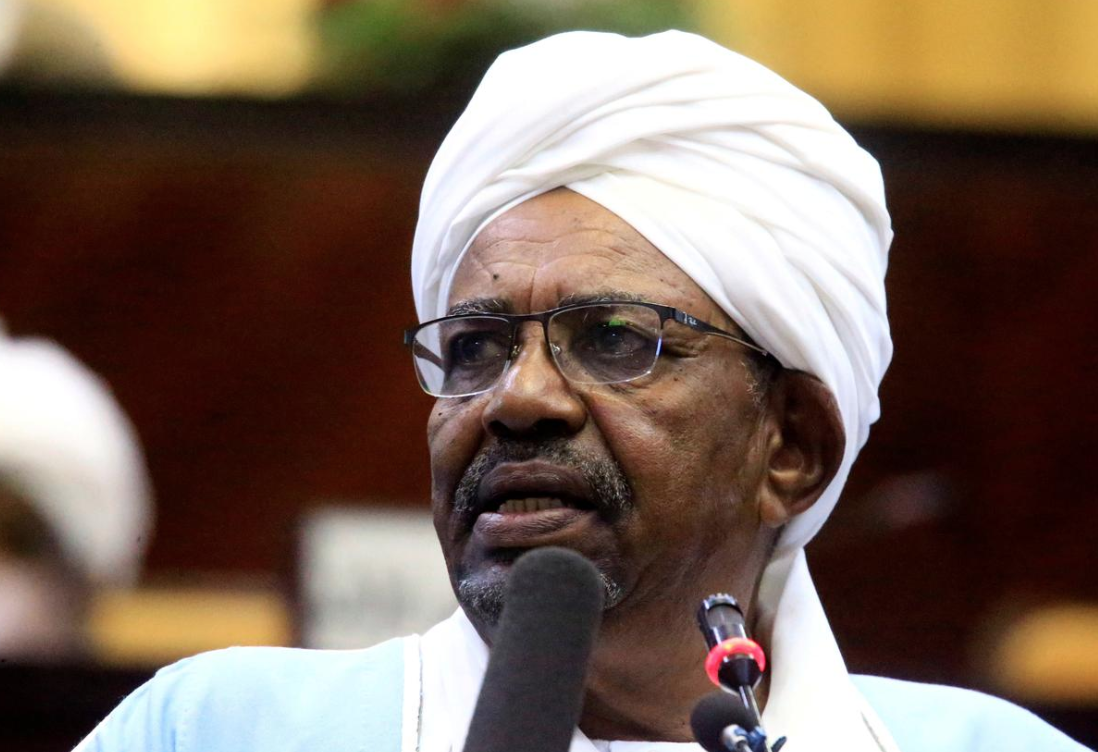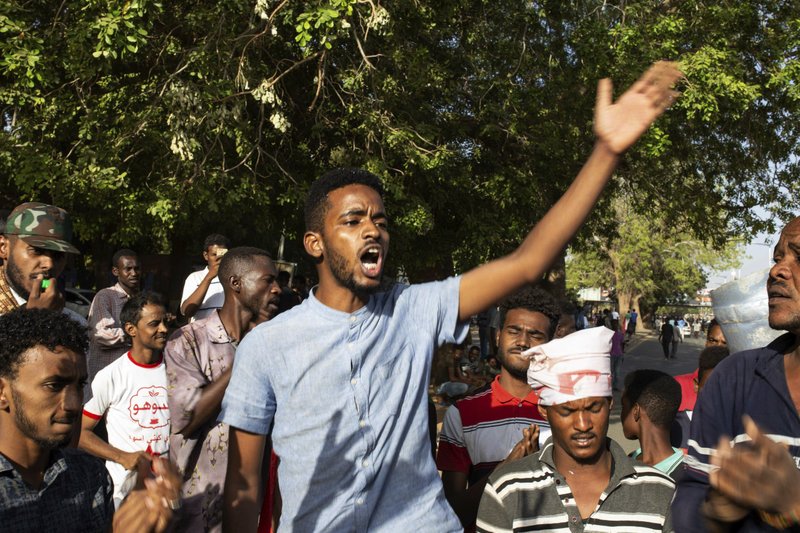
Social Democratic Party MP Ziad al-Elaimy proposed a draft bill in Parliament on Tuesday that would push forward presidential elections and change the time table under which the Supreme Council for the Armed Forces would hand over power through Parliament-controlled presidential elections.
The proposed legislation, called "The bill to regulate the transitional period," calls on Parliament to vote on an entirely new timetable under which it would effectively take control of an executive authority power handover that would lead to presidential elections on 28 March.
If the bill passes, official presidential candidates would be announced on 25 February, after being approved by a Parliament-appointed presidential elections committee. Candidate nominations would open on 11 February, the one-year anniversary of the day former President Hosni Mubarak resigned.
Elaimy adds his proposal to a host of organizations, political parties and personalities suggesting new timetables and advocating an earlier date for the military’s transfer of power.
Tens of thousands took to the streets last week calling for a quicker end to military rule, pushing this issue to the fore of political debate and the agendas of many politicians and activists.
Over the past week, various groups created initiatives and proposals that included common demands for the SCAF to hand over power as soon as possible and to ensure that the military is not in power while the new constitution is being written.
As with the handover initiative by activist group Masrena (Our Egypt), Elaimy says his bill is in line with last year's referendum, during which voters approved the current Interim Constitution.
While the clauses of Elaimy's bill do not explicitly call for the constitution to be written under a civilian presidency, the explanatory paper along with it does.
"In accordance with the results of the referendum and the subsequent constitutional declaration, it is impermissible for a new constitution to be written or for the Shura Council to resume its activities without the election of a president of the Arab Republic of Egypt," the explanatory paper says.
The bill states that the SCAF will not have the power to appoint one-third of the Shura Council because Article 41 of the constitutional declaration states, "Once elected, the president will appoint one-third of the Shura Council." Since SCAF is not an elected body, they are excluded from this process.
Like-minded liberal MP Amr Hamzawy told Ahram Online last week that he has filed a similar draft bill, calling for mid-April elections and a new president by 1 May.
Both proposals would effectively back MPs into a corner where they would either elect to take control of the handover process as the only elected legislative body in the country, or back SCAF in its plans to retain power until June and oversee presidential elections and drafting of the constitution.
Many of the Muslim Brotherhood's Freedom and Justice Party MPs had announced their support for the SCAF's timeline, while some, such as Mohamed al-Beltagy, said they would welcome an earlier transition date.
Draft bills and initiatives like these might corner FJP into choosing sides. On the same day that Elaimy and Hamzawy proposed their draft bills, Brotherhood supporters blocked protesters from demonstrating in front of Parliament to call for the SCAF to hand over power immediately to an elected civilian government.
Elaimy stepped out of the parliamentary session on Tuesday evening to join these demonstrators, telling news outlets he is objecting to the Brotherhood's blockade of the streets leading to Parliament.




